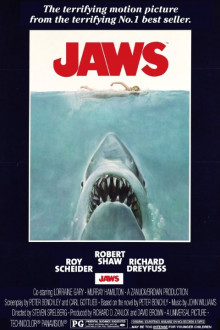Fiction Turmoil

It is an understatement to say the publishing world has been in turmoil for the last decade – and especially for the last five years. Publishers have merged, entire book chains have folded, e-books are surging in popularity and “self-publishing,” once second-tier at best is now a legitimate route to success.
But the churn should make all writers extremely wary, even when they grab the supposed gold ring of signing with an established publisher. Atticus Lish is the poster child for this.
Atticus Lish’s Preparation for the Next Life got the kind of reception that first-time novelists only dream about. The gritty debut novel, set in the violent, dangerous margins of New York City, was one of 2014’s genuine literary sensations, earning ecstatic reviews and landing on many top-10 lists. One critic called the novel, “a tour de force of urban naturalism” and “a love story that’s as bold and urgent as any you’ll read this year.” But in a stark illustration that fiction writing often doesn’t pay, Mr. Lish has so far made only $2,000 for his novel, which took five years to write.
Read more here






